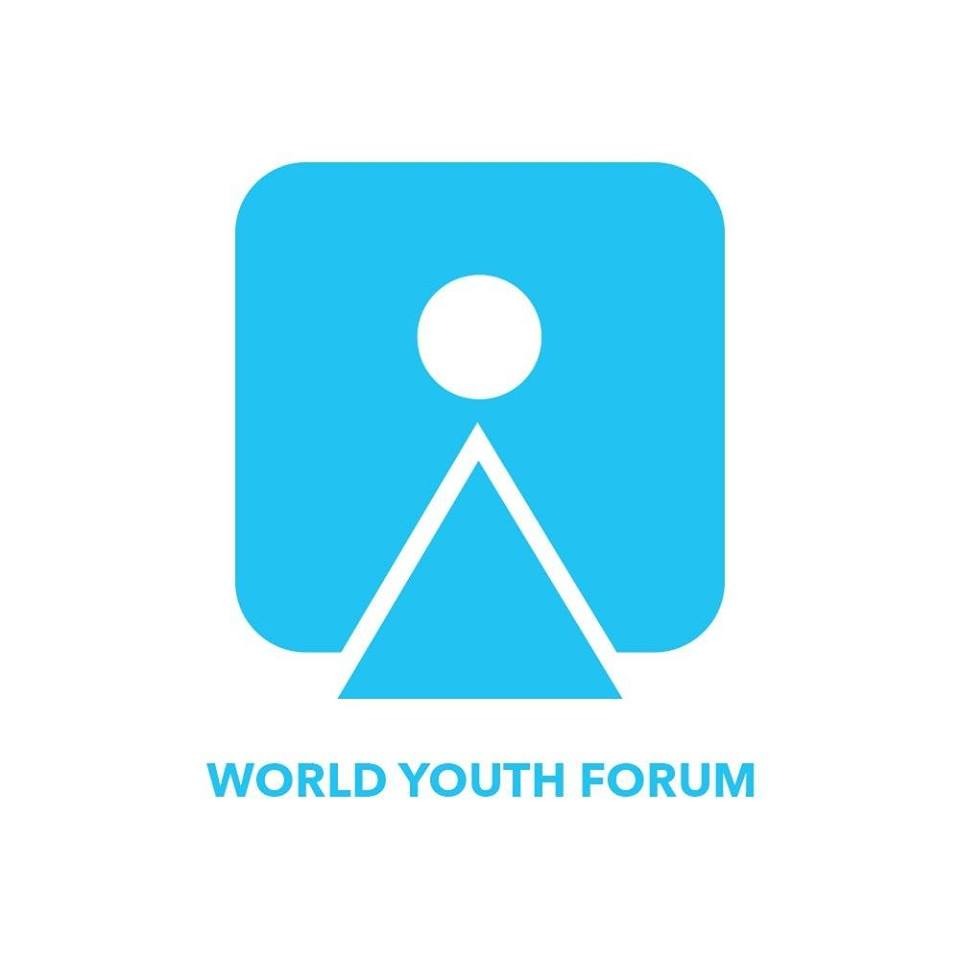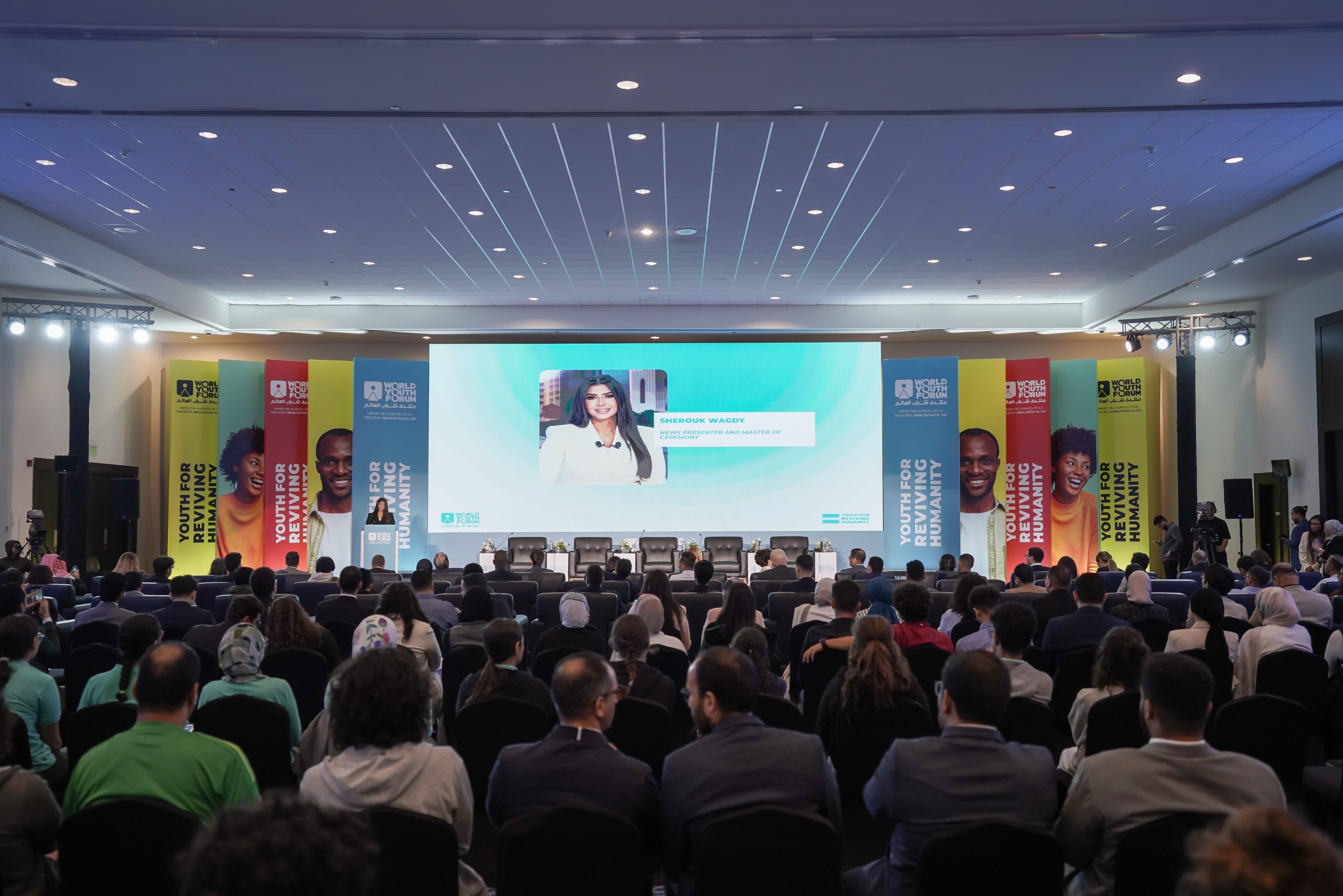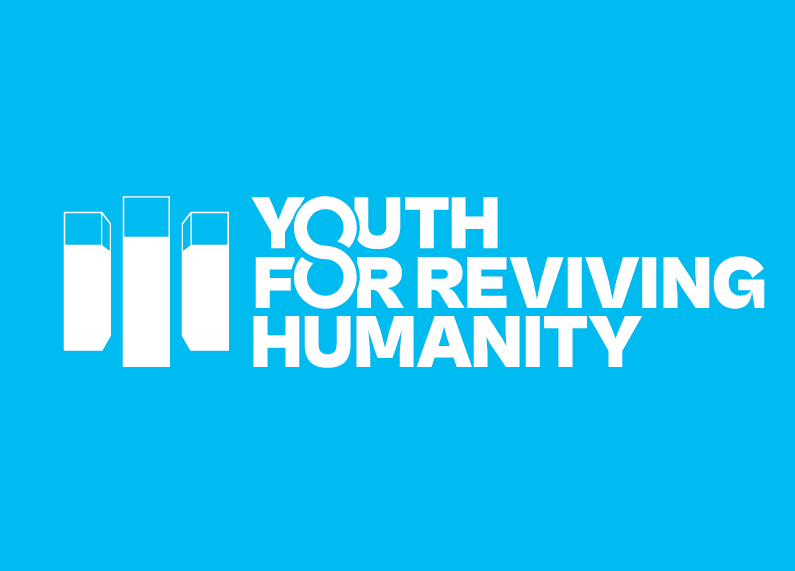Share

During the activities of the second day of the fourth edition of the forum, in the presence of President Abdel Fattah El-Sisi, President of the Republic, a number of speakers and young participants participated in a round table entitled “The Future of Technology and Digital Transformation after the Pandemic”, with the participation of a list of elite speakers and they are Dr. Amr Talat, Minister of Communications and Information Technology, Kevin Fry, CEO of the United Nations Generation Without Borders, Philip Wang, Executive Vice President of Huawei for North Africa, Dina Ayman, Director of Technical Programs at Microsoft, and Moataz Atallah, Professor of Advanced Materials Industry at the University of Birmingham, and Tara Hopkins, Head of Public Policy at Instagram for Europe and the Middle East.
This is in addition to the participation of Mojan Asgari, founder of Thousand Eyes on Me and co-founder of Women in AI, Anahita Moghaddam, founder of Neural Being, Ayesha Khanna, CEO of ADDO for artificial intelligence, and Brian Bossier is an African entrepreneur and technologist and founder and CEO of HydeoIQ. The events began with the presentation of a documentary film on technological development and how the pandemic contributed to accelerating the pace of technological development, as reliance on artificial intelligence and many digital applications increased, and countries were able through technology to provide health care to the injured as well as track and follow-up those in contact with infected cases, and technology affected education and health during the pandemic.
The roundtable participants discussed their vision for the future of information and communications technology and its role in overcoming various challenges, especially in the post-pandemic era in the education and health sectors, as well as artificial intelligence technologies, the internet of things, fifth and sixth generation networks and their applications in various fields.
During his speech, Dr. Amr Talaat, Minister of Communications and Information Technology, on the role of technology in achieving the sustainable development goals, highlighted the strategic partnerships that Egypt is establishing to promote digital transformation, in light of the state’s strategic plan, Egypt Vision 2030.
He also noted that the most important goal of the sustainable development goals is the eradication of poverty; If we look at the capacity of communications and information technology, we find that everything that this technology reflects is capable of combating poverty, and with regard to quality education as one of the sustainable development goals, the need has contributed to accelerating the pace towards the so-called hybrid education that enabled greater numbers to benefit from the same available resources .
“Talaat” continued, “The pandemic stimulated the idea of receiving distanced education as well as the emergence of digital educational platforms, noting that there is an integrated plan with 27 Egyptian universities to convert them into digital universities, as well as equipping the infrastructure of nearly 2,600 schools with optical fiber technology to enable them to use technology in the field of education, as well as the provision of decent work, which is also one of the sustainable development goals, especially as it is linked to the occupational gap; About 600 million jobs will be available to a billion jobs around the world by 2030, and only those who are familiar with information technology will be able to compete and obtain them.
The Minister of Communications stated that Egypt is interested in human development and training, as the Egyptian government has doubled the training budget during the past three years, until it increased by approximately 22 times, and rose from 52 million pounds in 2017 to more than one billion in the current year, and the Egyptian government provided 100 thousand training opportunities for youth through the Our Future is Digital initiative using hybrid education.
During his speech, Philip Wang, Executive Vice President of Huawei – North Africa, presented the company’s vision for the future of technology and infrastructure and its impacts on digital transformation and sustainable development in Africa and developing countries, highlighting the challenges facing digital transformation in the post-pandemic stage, and influencing factors. In shaping the digital future in Africa, of which infrastructure comes at the fore, he also reviewed the capabilities of the African continent and ways to exploit them in order to achieve digital transformation in their countries and digitally enable them.
In a related context, Dina Ayman, director of the technical program at Microsoft, and a teacher at the New Jersey Institute of Technology, showed that research indicated that nearly 53% of business leaders believe that students do not receive sufficient education from technology in schools. Therefore, students as well as teachers must be trained in the use of technology and this is what we have needed so badly during the pandemic.
Dina Ayman indicated that the goal is not to create a generation that consumes technology only, but rather to create a creative generation capable of doing innovative research, and then an education system should be created that contains topics on artificial intelligence, robotics and other digital and technological applications, so it is necessary to provide programs government to teach technology to those who are unable, and urging private sector companies to form partnerships with schools and universities to train young people and students.
There is a desire to create a diverse and comprehensive technology around the world for everyone, and there is a hope that there will be a change in all circles about the nature of business and liberation from the idea that there are male and female works.
The speakers unanimously agreed on the importance of using technology to strengthen infrastructure, as weak infrastructure leads to complex problems, including the high cost of some vital resources, which leads to inflated food and housing prices, and diminishing opportunities for private sector investment, especially in African countries that suffer from accelerating growth. housing and the scarcity of some vital resources.
At the conclusion of the session, the speakers agreed that all components of the digital ecosystem are very important for developing economies, especially in the countries of the African continent, and therefore the importance of realizing that the upgrading transformation and successful technological applications will lead to profits in many economic sectors, as well as making the most of the use of technology. Available resources and maximizing production.
It is worth noting that the documentary film that was shown was prepared and produced by the artistic production team of the Organizing Committee of the World Youth Forum, where the volunteer Dr. Mervat Abu Auf participated in the voiceover. The film revolves around the idea that the Corona virus pandemic was the accelerator for the world’s entry into the midst of the Fourth Industrial Revolution, in light of the development of technological technologies; Such as artificial intelligence and machine learning, the Internet of Things, Big Data, and the fifth generation networks of the past decade. The film can be viewed through the following link: https://www.youtube.com/watch?v=MySxMyMXFLA .
STAY IN THE LOOP





